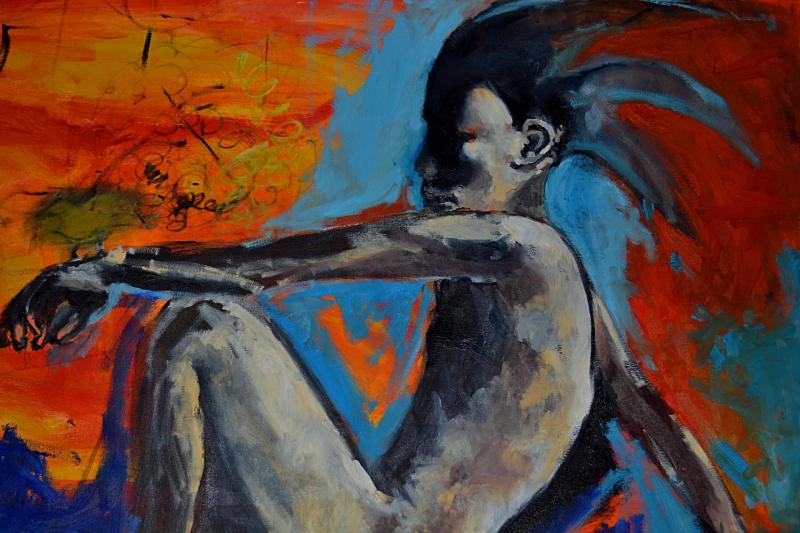What is civilization?
No question of the last three centuries has haunted cultural life more than this one. What is clear, after all the flagons of ink expended on the issue, is that literature (poetry, stories, writers, readers) exists in profound tension with civilization as an ensemble of social, economic, and political contexts. Literature resists its context — and not in an epistemological sense, but in a deliberate and calculating sense — precisely because there is something in humanity that is prior to civilization, and something loftier too.
Corey Tazzara’s “The Problem of Thales” treats literature as a form of esoteric knowledge whose end is the transformation of the self; and it contrasts this mode of knowing with forms of exoteric knowledge whose goal is transformation of the world. He constructs his essay around an unlikely group of writers: the ancient philosopher Thales of Miletus, the prophet of science Sir Francis Bacon, the Chinese storyteller Pu Songling, and the omnivorous litterateur Jorge Luis Borges.
Will McPherson presents a reflection on the illustrious Chinese novel, The Dream of the Red Chamber (or the Hong Lou Men); as well as three brief reviews on Naiyer Masud, Rafael Pérez Estrada, and Will Alexander. Taken together, these notes are preoccupied with bringing down the barriers that separate the modern and the pre-modern ages, and with bridging the abysses that yawn between the various literatures of the globe.
Literature has often served as the temple for the fetishes of postmodernism. In their small way, our contributors this issue try to cleanse literature of its idols.

